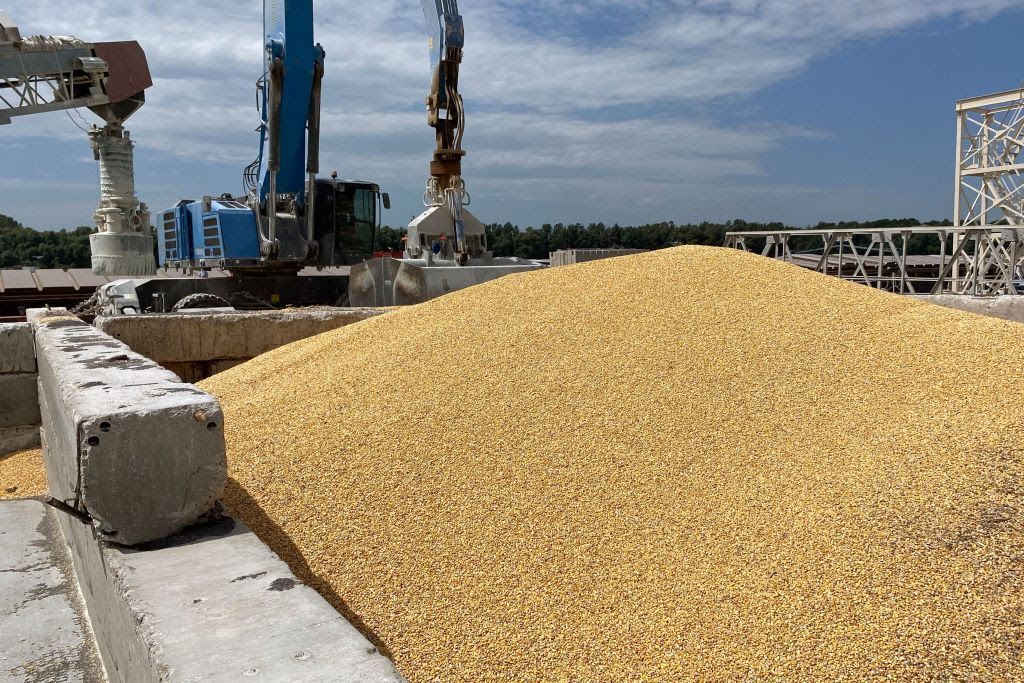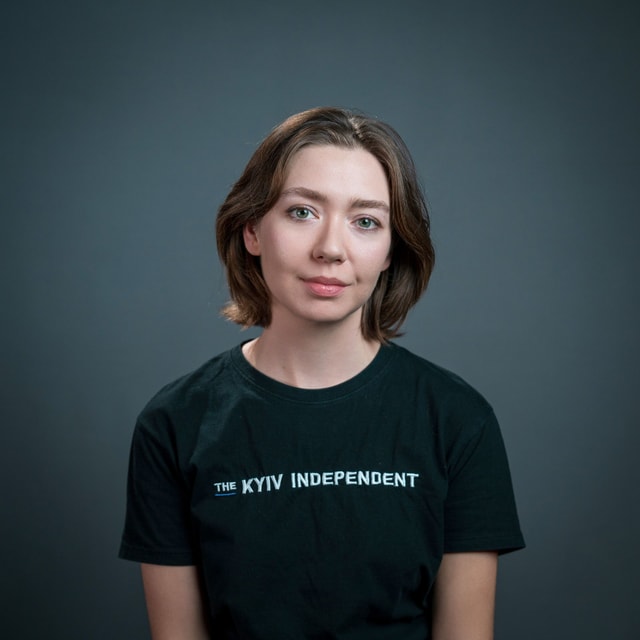Latvian president supports ban on Russian grain imports

Latvian President Edgars Rinkevics said at a press conference on Jan. 24 that he would support a ban on the import of Russian grain "both for political and economic reasons."
Russian agricultural products are not sanctioned by the European Union, partly because some EU countries transit the grain to other parts of the world, and the EU fears that a ban would make it more difficult for poorer countries to access food.
Rinkevics argued that Russian grain imports support the Russian economy, and therefore its army, and may also impact the livelihoods of Latvian farmers.
Moreover, what is labeled as Russian grain may in fact be Ukrainian grain stolen from Russian-occupied territories, Rinkevics said.
Data on the volume of Russian grain arriving in the Baltic nations of Latvia, Lithuania, and Estonia is currently being clarified, according to Rinkevics. Trade volumes are difficult to ascertain due to part of the grain transiting to non-EU countries.
A Latvian official said in December that over 380,000 metric tons of Russian grain had been imported into the European Union through Latvia in 2023, an increase of about 80,000 tons of grain compared to 2022.
This figure does not include the grain transported from Russia to non-EU countries via Latvia.
News emerged in October 2023 that Latvia had become the EU's top importer of Russian corn, with Russian corn imports increasing by 63% compared to 2022, according to Latvia's Agriculture Ministry. In the first seven months of 2023, 82% of the corn imported to Latvia came from Russia.
Rinkevics said Latvia imported Russian agricultural products worth 280 million euros ($305 million), far outstripping the 34 million euros ($37 million) worth imported by Estonia, and 123 million euros ($134 million) worth imported by Lithuania.
Latvian Prime Minister Evika Silina said on Jan. 24 that Lithuania and Estonia support Latvia's efforts to ban Russian grain but argued that the ban must gain support at a European level.
Unilateral restrictions would be a "ban on paper" and not in reality since the grain would enter Latvia from other EU countries, Silina argued.
Presidential Advisor Martins Dregeris said later on Jan. 24 that Rinkevics would support a ban in Latvia "without waiting for a joint decision by the European Union."











